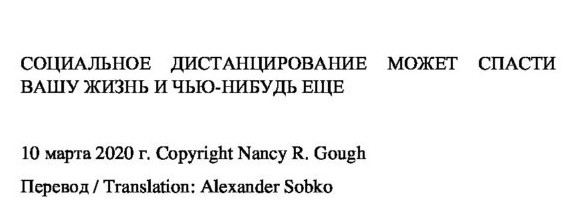

The Herceg-Bosnian style of resistance can be surprisingly effective.
Russian transliteration professional#
An 'unprofessional' riot of Serbs in the Krajina region developed into a professional war between Serbs and Croats in Croatia, in which several thousand died and several hundred thousand people were forcefully expelled from their homes. Fear in turn triggered ethnic mobilisation. After 1990, Serbs and Croats were competing over access to the resources needed for institution building and state building.

Each of these analytical narratives sheds some light on the micro-politics of organised violence. It consists of nine case studies and two contributions of a more theoretical nature. This book deals with the institutional framework in post-socialist, after-empire spaces. Of certainty and security, we do not need to give up on hope. The book argues that although we might need to traverse the fantasy Plays and films by Michael Frayn, Chris Marker and Patricio Guzmán areĬonsidered, and autobiographical narrative accounts probe the author’s life andīackground. Notions of time, space and materiality, and ideas of the human and sentience. The Grenfell Tower fire, and examine the fantasy of security, contemporary Humanitarianism and intervention, traumatic memory, enforced disappearance, and Of intellectuals, experts and activists in famine aid, the Iraq war, It asks what we are to do, if this is theĬase, and engages with our desire to seek change. The book demonstrates that we are not in control: with all ourĪcademic rigour, we cannot know with certainty why the world is the way it is, World, but we are not separate, looking in, but rather part of the world

As scholars, students and activists, we may want to change the Oppression and violence, difficulties arise once we try to bring about a As such, the book is accessible to a range of readers, including students interested in peace, conflict and international development as well as policy makers and practitioners seeking new ways of understanding war economies and improving responses to them.ĭespite the imperative for change in a world of persistent inequality, racism,
Russian transliteration how to#
It also offers insight into how to alter and improve policy responses in other cases. Summaries of key arguments and frameworks, found within each chapter, provide accessible templates for both students and aid practitioners seeking to understand war economies and policy reactions in a range of other contexts. This book offers a new framework for understanding both the problem of economic activity that accompanies and sometimes facilitates violence and programmes aimed at managing these forms of economic activity. A detailed case study of responses to organised crime in Kosovo offers an in-depth exploration of these problems, but also highlights opportunities for policy innovation. The inability of the range of international actors involved in this policy area, the Development-Security Industry (DSI), to bring about more peaceful political-economic relationships is shown to be a result of liberal biases, resulting conceptual lenses and operational tendencies within this industry. Beginning with an overview of over a dozen policies aimed at transforming these activities into economic relationships which support peace, not war, the book then offers a sustained critique of the reasons for limited success in this policy field. This book critically examines the range of policies and programmes that attempt to manage economic activity that contributes to political violence.


 0 kommentar(er)
0 kommentar(er)
